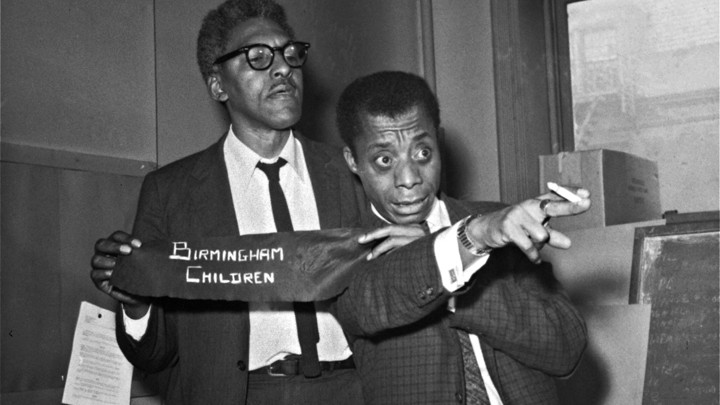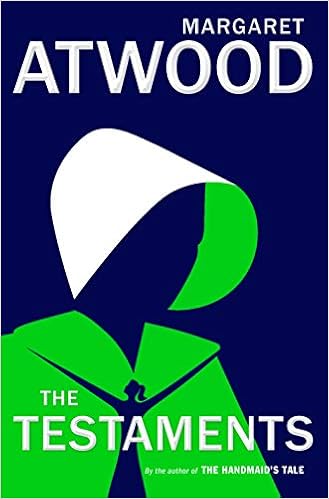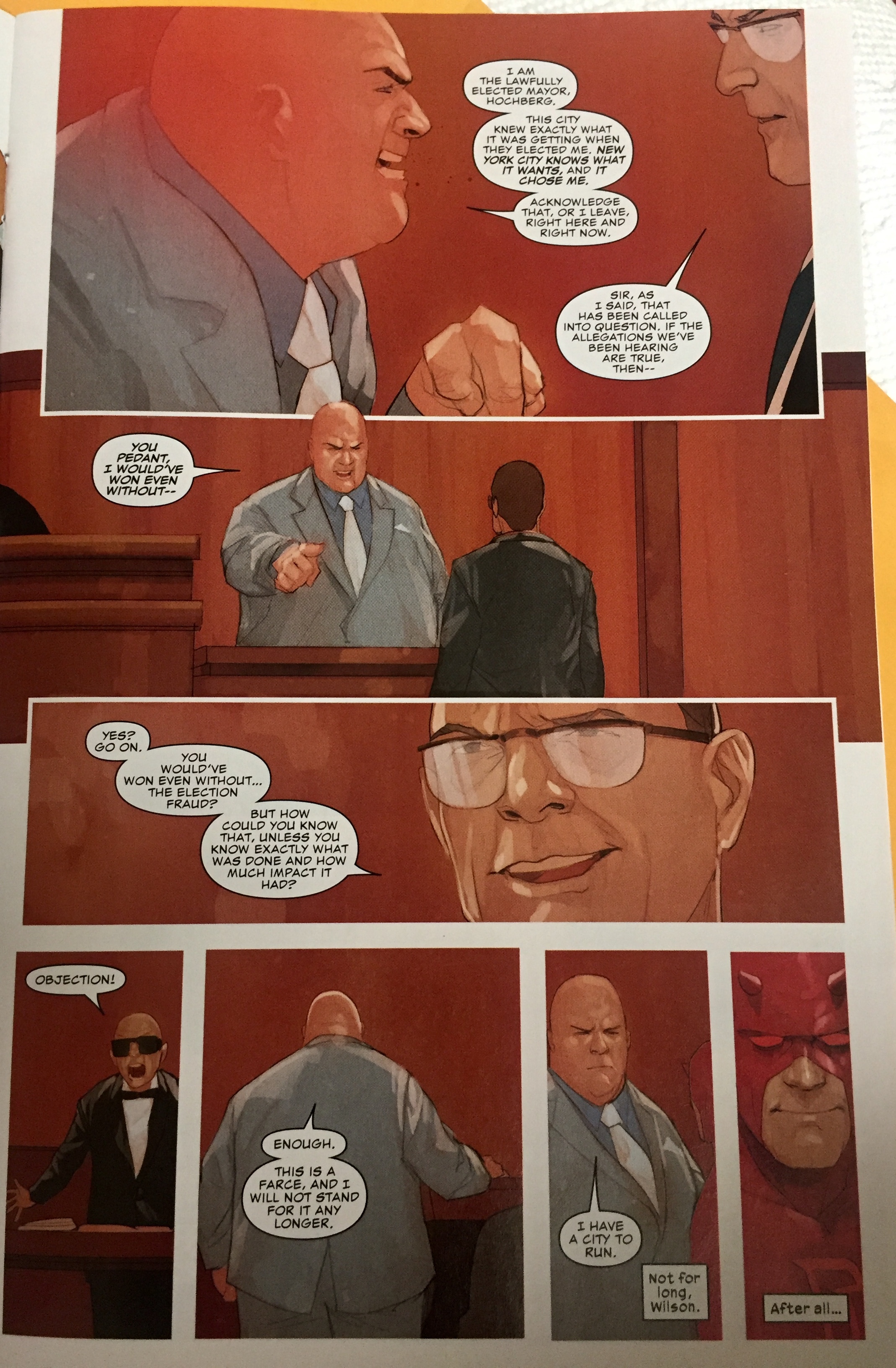We know of course there’s really no such thing as the “voiceless.” There are only the deliberately silenced, or the preferably unheard.
Arundhati Roy: The 2004 Sydney Peace Prize lecture
Labeled as “surreal” by Emilia Petrarca, Marjorie Taylor Greene (R – Georgia) wore as “censored” face mask while speaking from the floor on Congress.

First, we must recognize that statistically no one in the U.S. has the sort of access to a bully pulpit that a member of Congress has (535 out of 330 million people), and then, we must consider whether Greene is incredibly dishonest, spectacularly ignorant, or both.
After the insurrection at the Capitol by rightwing domestic terrorists supporting Trump—and emboldened by Trump and many Republicans in office—conservatives and Republicans across the U.S. have evoked “censorship,” “First Amendment,” and “freedom of speech” tirades in response to Trump being banned from several social media platforms as well as many Republicans losing followers on those platforms.
Here is the disturbing thing that Greene represents among conservatives and Republicans: There appears to be the same sort of dishonesty/ignorance running rampant because there is essentially no relationship between private businesses and free speech guaranteed in the Constitution since the First Amendment is about the role of government in protected speech.
Let’s not forget very recent history when Republicans and conservatives scrambled to support the right of companies not to serve or even hire LGBTQ+ individuals (recall the wedding cake).
Private companies banning anyone is not an issue of free speech grounded in the First Amendment since government plays no role in that, and (ironically), anyone losing Twitter followers is a consequence of market forces, how the free market works.
In the jumbled surreal-reality of Republicans, it seems they want some entity (the government?) to monitor the free market so that all voices are heard—regardless of truth and irrespective of inciting violence (seemingly now, conservatives support yelling “Fire!” in a crowded theater).
As a writer, I have been submitting letters to the editor and Op-Eds to local, state, and national media for decades; most of those submissions are rejected. Is that censorship? A denial of freedom of speech? A breech of my First Amendment rights?
Of course not.
It is the free market—as right-wingers would say, the marketplace of ideas.
There are some really important and likely disorienting elements to this jumbled message created by Republicans and conservatives.
One seems to be why does Greene (and Trump, et al.) lie and misrepresent to the American public as agents of the government with impunity? In other words, what is the role of truth in governing?
Free speech and the First Amendment have continued to be areas of debate in the U.S. in terms of inciting violence and pornography, and we must admit that free speech is not a clear-cut or absolute thing even when recognizing only the role of government.
The level of lies and disinformation under Trump, I think, now calls for a serious interrogation of what free speech allows in those contexts—especially in terms of elected and appointed members of the government.
It seems obvious that agents of government must not incite violence or promote false information.
When people with power (from the wealthy to police to elected officials, including the president) function above truth and the law, it is unlikely that free speech matters for anyone.
A second element that is being almost entirely ignored because of the lies and ignorance on the Right is the question of free speech and the free market; in other words, we are not confronting the role played by private companies in whose voice is amplified and whose voice is muted or ignored.
Twitter bans and people losing followers on Twitter are not the purview of government, and both exist in the mechanics of the free market—which many of us on the Left have warned are amoral dynamics.
Supply and demand left unchecked has nothing to do with ethical or moral concerns. There is a demand for child sex trafficking, for example, and without government intervention (a moral/ethical imperative), it would flourish within the parameters of those consumers.
Many aspects of the U.S. function this way without being so immediately disgusting and inhuman—and thus, remain unchecked.
Those of us on the Left, as well, recognize the amoral aspect of the market and therefore call for universal healthcare, for example, since market forces are inappropriate for determining who does and does not receive medical care.
Trump sycophants such as Greene are backing themselves into some complicated ideological and political corners since their outrage over social media is challenging the efficacy of the free market (misidentified as free speech because of their dishonesty/ignorance).
While I see no hope that Republicans have any interest in the truth—or freedom of speech—I think that this nonsense from the Right offers yet another opportunity for people in the U.S. to reconsider the relationship between government/democracy and capitalism.
Despite a related lie from the Right, we Leftists are rarely calling for full-blown socialism or communism; we are, however, arguing that far too much of human dignity and freedom is left to the free market—such as healthcare—and the whims of the states—such as women’s reproductive rights.
Should we be concerned that Twitter and Facebook banned Trump, and that Parler was de-platformed?
I suspect we should, but not because these events have violated the First Amendment.
The problem is us and the lack of political will in the U.S. to reconsider our overblown commitments to the free market at the expense of democracy and truth as well as life, liberty, and the pursuit of happiness.










